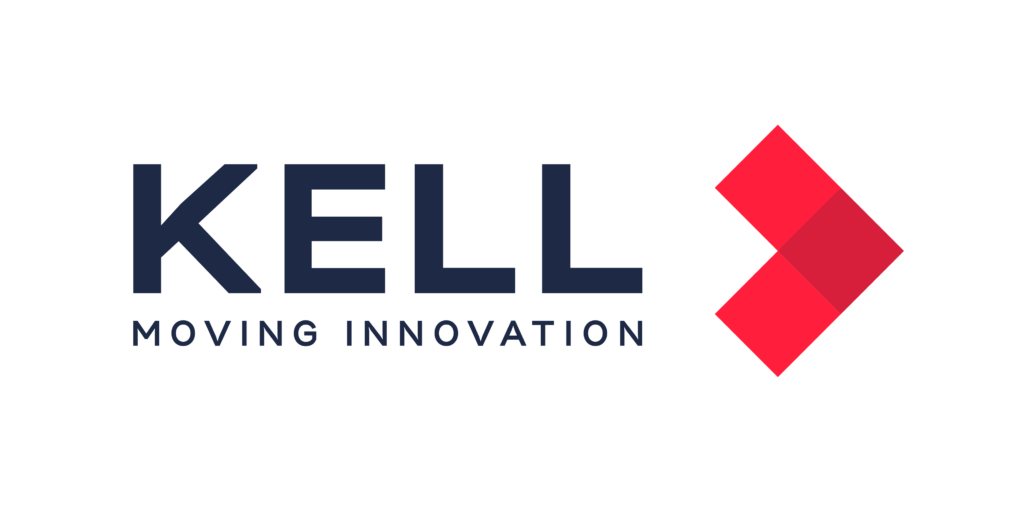
RIS project aims to increase the competitiveness of companies by proposing the research and testing of innovative products that support and facilitate the evolutionary process taking place in health care that is oriented on two main areas of development:
- Area 1: progressive shift of operations from the hospital to the territory and from the ex-post medicine to medicine initiative. This area is necessary to provide tools to support the planning and management of interventions, including medical initiative, which are consistent with the clinical history of patients. It is also necessary to provide tools for monitoring and controlling the activities of prevention and health intervention carried out in health facilities on the territories and to the patient’s home through e-health centers can innovate the mode of service delivery by integrating telemedicine, telemonitoring, helpline, teleconsultation and lifestyle monitoring. Also closely related to the Area 1 there is also the area of development of the technologies on the patient side. In fact, in this context, it becomes important to enable the collection of clinical data wherever the patient is (including remote areas, such as mountain and island scenery or outdoor), then by installing at the patient’s home mobile and fixed devices for the collection of medical data through specific medical sensors for the different pathologies and for their transmission mechanisms with smart routing and satellite communications.
- • Area 2: diffusion of advanced tools for collecting and processing health information as a key enabler for the provision of the new health services. This area is necessary to develop advanced data analysis tools, in particular tools for semantic indexing of health information, that raising the quality and quantity of health care utilization of information assets (text, images and structured data), allowing you to schedule programs of prevention and intervention adapted to the different pathologies and the patient’s medical history.
Underlying purpose of the project is to implement product innovation needed for companies proposing to increase its presence on the world market of software systems for health.
From the technological point of view the objectives of the project will be the development of research and experimentation on the following components:
- E-Health centers can innovate ways to provide services across the country (including those related to preventive medicine) through the integration of telemedicine, telemonitoring, tele, tele and lifestyle monitoring
- Acquisition Systems and data transmission for the collection of clinical data wherever the patient is (including remote areas, such as mountain and island or outdoor scenes), which, when installed at the patient’s home woodwind instruments locals with mobile devices and fixed for the collection of medical data by means of specific medical sensors for the different pathologies and for their transmission mechanisms with smart routing and communications satellitarie.
- Tools for analyzing, annotating and indexing semantic health information that, by raising the quality and quantity of the exploitation of the wealth of information available in the repository documentaries health consists largely of media (text, images and structured data), allowing you to plan programs of prevention and intervention adapted to the different pathologies and the patient’s medical history.
Web site: http://www.progetto-ris.it/
Cliente: Regione Toscana a valere sul Programma Operativo Regionale cofinanziato dal FESR per l’obiettivo “Competitività regionale e occupazione” anni 2007-2013
Ruolo Kell: Partner
Partner:. Caribel Programmazione s.r.l., Codices s.r.l., TD Nuove Tecnologie S.p.A., Synthema s.r.l., Centrica S.r.l., SECO s.r.l., Università di Pisa Dipartimento di Informatica d, Consiglio Nazionale delle Ricerche Istituto di Scienza e Tecnologie dell’Informazione “A. Faedo”, Università degli Studi di Firenze – Centro per la Comunicazione ed Integrazione dei Media, Università di Pisa Dipartimento di ingegneria dell’informazione.


